Home>Articles>How Long Will Vacuum Sealed Vegetables Last In The Refrigerator
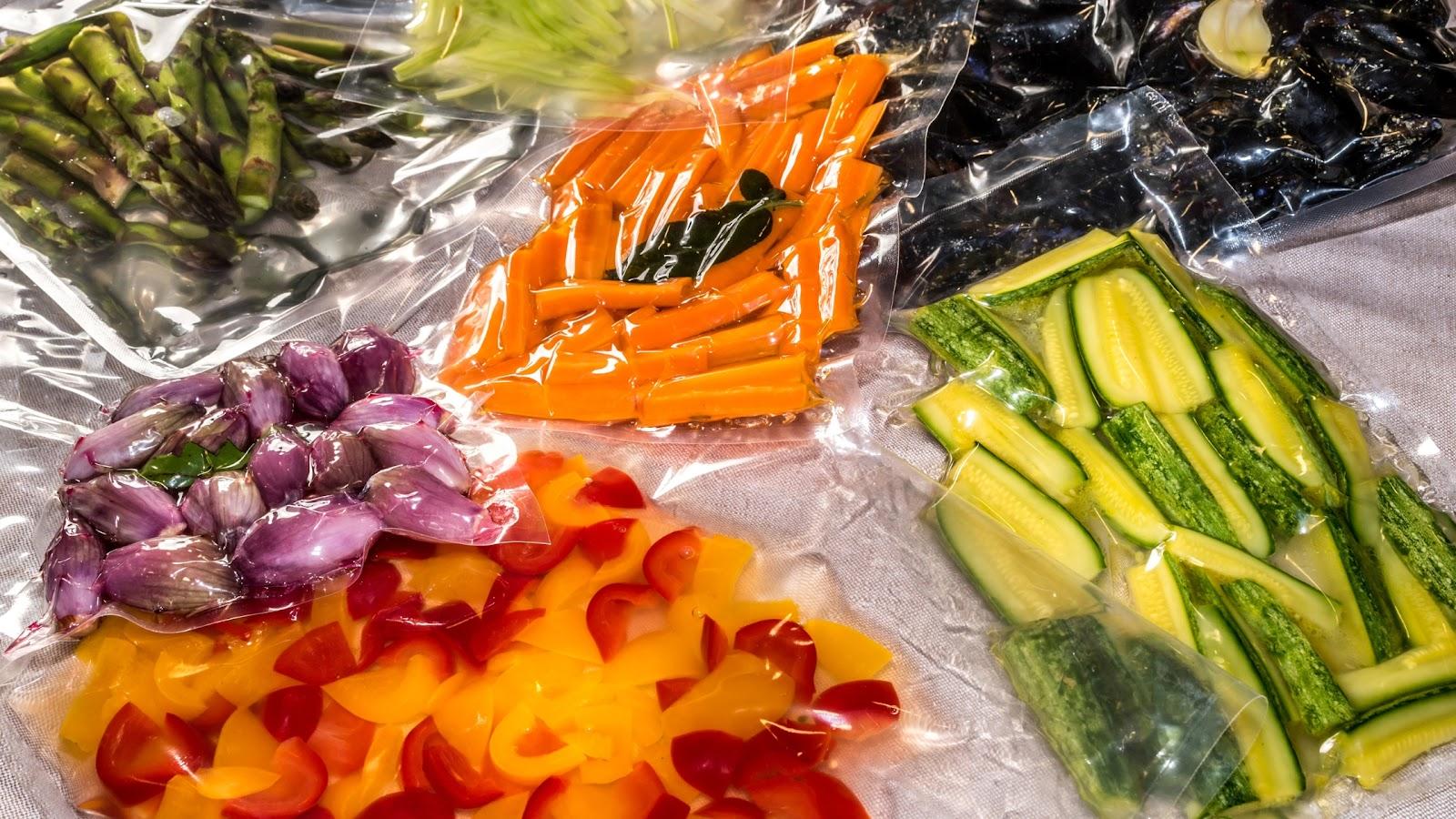

Articles
How Long Will Vacuum Sealed Vegetables Last In The Refrigerator
Modified: August 24, 2024
Discover how long vacuum sealed vegetables can stay fresh in the refrigerator with this informative article. Get tips on storage and preservation methods.
(Many of the links in this article redirect to a specific reviewed product. Your purchase of these products through affiliate links helps to generate commission for Storables.com, at no extra cost. Learn more)
How Long Will Vacuum Sealed Vegetables Last In The Refrigerator
Vacuum sealing has become a popular method for preserving food, including vegetables. By removing air from the packaging, vacuum sealing prevents spoilage and extends the shelf life of vegetables. But how long can you expect your vacuum sealed vegetables to last in the refrigerator? Let’s explore this topic further.
Benefits of Vacuum Sealing Vegetables
Vacuum sealing vegetables offers several benefits. Firstly, it helps to maintain the freshness and flavor of the vegetables for a longer period. Vacuum sealing also prevents the growth of bacteria, mold, and other contaminants, ensuring food safety. In addition, it helps to minimize nutrient loss and preserves the natural color and texture of the vegetables.
Factors Affecting Shelf Life of Vacuum Sealed Vegetables
While vacuum sealing can significantly extend the shelf life of vegetables, several factors can influence how long they will remain fresh:
- Type of Vegetable: Different vegetables have varying shelf lives when vacuum sealed. Leafy greens like spinach and lettuce generally have a shorter shelf life compared to root vegetables like carrots and potatoes.
- Freshness at the Time of Sealing: Vacuum sealing is most effective when the vegetables are fresh. If the vegetables have already started to deteriorate before sealing, their shelf life may be shorter.
- Quality of Vacuum Sealing: The effectiveness of the vacuum sealing process can vary based on the quality of the vacuum sealer used. A proper seal is essential to prevent air from entering the packaging.
- Storage Conditions: Proper storage conditions, including temperature and humidity, also play a role in preserving the vegetables. Cold temperatures and low humidity levels are generally ideal for maintaining freshness.
Recommended Storage Time for Vacuum Sealed Vegetables
While vacuum sealed vegetables can last longer than their non-vacuum sealed counterparts, it is important to note that they will eventually degrade. Here are some general guidelines for the recommended storage time of vacuum sealed vegetables:
- Leafy greens: 1-2 weeks
- Root vegetables: 2-3 months
- Cruciferous vegetables: 1-2 weeks
- Soft vegetables (tomatoes, peppers): 1-2 weeks
- Herbs: 2-3 weeks
- Frozen vegetables: up to 1 year
Signs of Spoilage in Vacuum Sealed Vegetables
While ve
How Long Will Vacuum Sealed Vegetables Last In The Refrigerator
Vacuum sealing has become a popular method for preserving food, including vegetables. By removing air from the packaging, vacuum sealing prevents spoilage and extends the shelf life of vegetables. But how long can you expect your vacuum-sealed vegetables to last in the refrigerator? Let’s explore this topic further.
Introduction
When it comes to food preservation, vacuum sealing has revolutionized the way we store and consume our favorite vegetables. Gone are the days of quickly wilting greens or throwing out spoiled produce after just a few days. Vacuum sealing is a process that involves removing the air from the packaging, creating an airtight seal that locks in freshness and flavor, and significantly extends the shelf life of vegetables.
By eliminating oxygen, vacuum sealing slows down the deterioration process and inhibits the growth of bacteria, mold, and other microorganisms that cause food spoilage. This preservation method maintains the natural color, texture, and nutritional value of vegetables, allowing you to enjoy garden-fresh produce even when it’s out of season.
Not only does vacuum sealing prevent waste and save money, but it also offers convenience by allowing you to stock up on fresh vegetables and store them in the refrigerator for longer periods. But how long can you expect your vacuum-sealed vegetables to last?
Different factors come into play when determining the shelf life of vacuum-sealed vegetables. The type of vegetable, its freshness at the time of sealing, the quality of the vacuum sealer used, and the storage conditions all contribute to the longevity of your vacuum-sealed vegetables.
In the following sections, we will explore these factors in detail and provide you with recommended storage times for various types of vacuum-sealed vegetables. Additionally, we will discuss the signs of spoilage to help you identify if your vacuum-sealed vegetables have gone bad. So, let’s dive in and uncover how long your vacuum-sealed vegetables can last in the refrigerator.
How Long Will Vacuum Sealed Vegetables Last In The Refrigerator
Vacuum sealing has become a popular method for preserving food, including vegetables. By removing air from the packaging, vacuum sealing prevents spoilage and extends the shelf life of vegetables. But how long can you expect your vacuum-sealed vegetables to last in the refrigerator? Let’s explore this topic further.
Benefits of Vacuum Sealing Vegetables
Vacuum sealing vegetables offers several benefits that make it an excellent choice for preserving your produce:
- Freshness Preservation: Vacuum sealing helps maintain the freshness of vegetables by creating an airtight environment. This prevents the oxidation process, which is a major factor in the deterioration of food. By eliminating oxygen, vacuum sealing prolongs the shelf life, allowing you to enjoy your vegetables at their peak freshness for an extended period.
- Flavor Retention: When vegetables are exposed to air, their flavors tend to diminish over time. Vacuum sealing preserves the natural flavors of vegetables by minimizing contact with air. This means that when you open the vacuum-sealed package, you’ll experience the same fresh and vibrant flavors as when you originally sealed them.
- Textural Integrity: Vacuum sealing helps retain the crispness and texture of vegetables. By reducing moisture loss, vacuum-sealed vegetables retain their firmness and bite. This is especially beneficial for vegetables like carrots, celery, and peppers, which can become limp and soft when exposed to air.
- Nutritional Value: Vacuum sealing vegetables helps preserve their nutrient content. Oxygen exposure contributes to nutrient degradation, particularly vitamins C and A. By eliminating oxygen, vacuum sealing minimizes nutrient loss, allowing you to enjoy the full nutritional benefits of your vegetables for longer periods.
- Cost Savings: Vacuum sealing vegetables allows you to buy in bulk or take advantage of seasonal sales without worrying about spoilage. By extending the shelf life of your vegetables, you can reduce food waste and save money in the long run.
Overall, the benefits of vacuum sealing vegetables make it a convenient and effective method for preserving their freshness, flavors, textures, and nutrients. It’s an excellent choice for home gardeners, farmers market enthusiasts, or anyone looking to make the most of their vegetable purchases.
Now that we’ve explored the benefits of vacuum sealing vegetables, let’s delve into the factors that can affect the shelf life of vacuum-sealed vegetables.
How Long Will Vacuum Sealed Vegetables Last In The Refrigerator
Vacuum sealing has become a popular method for preserving food, including vegetables. By removing air from the packaging, vacuum sealing prevents spoilage and extends the shelf life of vegetables. But how long can you expect your vacuum-sealed vegetables to last in the refrigerator? Let’s explore this topic further.
Factors Affecting Shelf Life of Vacuum-Sealed Vegetables
While vacuum sealing can significantly extend the shelf life of vegetables, several factors can influence how long they will remain fresh:
- Type of Vegetable: Different vegetables have varying shelf lives when vacuum sealed. Leafy greens like spinach and lettuce generally have a shorter shelf life compared to root vegetables like carrots and potatoes. This is because leafy greens are more delicate and prone to wilting, while root vegetables have a denser structure that helps them retain freshness for longer.
- Freshness at the Time of Sealing: The quality of the vegetables at the time of vacuum sealing plays a crucial role in determining their shelf life. It is best to vacuum seal vegetables when they are at their freshest, as any pre-existing deterioration will be further preserved along with the vegetables. It’s recommended to use the freshest vegetables available to maximize their shelf life.
- Quality of Vacuum Sealing: The effectiveness of the vacuum sealing process can vary based on the quality of the vacuum sealer used. A proper seal is essential to prevent air from entering the packaging. If the seal is compromised or not airtight, the vegetables may be exposed to oxygen, which can accelerate spoilage. Investing in a reliable vacuum sealer and ensuring a proper seal every time will help optimize the shelf life of the vacuum-sealed vegetables.
- Storage Conditions: The storage conditions, including temperature and humidity, are also critical factors in prolonging the shelf life of vacuum-sealed vegetables. Cold temperatures help slow down the deterioration process, while high humidity levels can lead to moisture buildup, potentially causing the vegetables to spoil faster. It is ideal to store vacuum-sealed vegetables in the refrigerator, where the temperature and humidity can be controlled to maintain optimal conditions for preservation.
By considering these factors, you can better understand and manage the shelf life of your vacuum-sealed vegetables. However, it’s important to note that these factors are general guidelines, and the actual shelf life may vary depending on individual circumstances and variations in the quality of the vegetables.
Now that we understand the factors that can affect the shelf life of vacuum-sealed vegetables, let’s explore the recommended storage times for different types of vacuum-sealed vegetables.
How Long Will Vacuum Sealed Vegetables Last In The Refrigerator
Vacuum sealing has become a popular method for preserving food, including vegetables. By removing air from the packaging, vacuum sealing prevents spoilage and extends the shelf life of vegetables. But how long can you expect your vacuum-sealed vegetables to last in the refrigerator? Let’s explore this topic further.
Recommended Storage Time for Vacuum-Sealed Vegetables
While vacuum-sealed vegetables can last longer than their non-vacuum-sealed counterparts, it is important to note that they will eventually degrade over time. Here are some general guidelines for the recommended storage time of vacuum-sealed vegetables:
- Leafy Greens: Leafy greens like spinach, kale, and lettuce can typically last 1-2 weeks when vacuum-sealed and stored in the refrigerator. However, it’s best to consume them as soon as possible for the freshest taste and texture.
- Root Vegetables: Root vegetables such as carrots, beets, and potatoes have a longer shelf life when vacuum-sealed. They can typically last 2-3 months in the refrigerator without significant deterioration.
- Cruciferous Vegetables: Cruciferous vegetables like broccoli and cauliflower have a similar storage timeframe as leafy greens, lasting around 1-2 weeks when vacuum-sealed.
- Soft Vegetables: Soft vegetables like tomatoes and peppers can last 1-2 weeks when vacuum-sealed and stored in the refrigerator. However, it’s essential to monitor them closely for any signs of spoilage, as their texture can change quickly.
- Herbs: Vacuum-sealed herbs can retain their freshness for 2-3 weeks in the refrigerator. Ensure that you remove any excess moisture from the herbs before sealing to maintain their quality.
- Frozen Vegetables: If you prefer to freeze your vacuum-sealed vegetables, they can last up to one year in the freezer. Freezing helps to preserve the vegetables for an extended period, making them available for later use.
Keep in mind that these recommended storage times are approximate and can vary based on the factors mentioned earlier, such as the freshness of the vegetables and the storage conditions. It is always best to visually inspect the vegetables for any signs of spoilage before consuming them, even if they are within the recommended storage time.
Now that we have discussed the recommended storage times, let’s explore the signs of spoilage to help you identify if your vacuum-sealed vegetables have gone bad.
How Long Will Vacuum Sealed Vegetables Last In The Refrigerator
Vacuum sealing has become a popular method for preserving food, including vegetables. By removing air from the packaging, vacuum sealing prevents spoilage and extends the shelf life of vegetables. But how long can you expect your vacuum-sealed vegetables to last in the refrigerator? Let’s explore this topic further.
Signs of Spoilage in Vacuum-Sealed Vegetables
While vacuum-sealed vegetables can last longer than their non-vacuum-sealed counterparts, it’s important to be aware of the signs of spoilage. Even with proper storage and handling, there is still a chance that vacuum-sealed vegetables can go bad. Here are some signs to look out for:
- Foul Odor: If your vacuum-sealed vegetables emit an unusual or foul odor, it may indicate bacterial growth or spoilage. Trust your sense of smell and discard any vegetables that have an unpleasant odor.
- Mold or Discoloration: Moldy or discolored patches on the vegetables are clear indicators of spoilage. If you notice any fuzzy, slimy, or off-colored spots on your vacuum-sealed vegetables, it is best to discard them immediately.
- Texture Changes: Pay attention to any changes in the texture of the vegetables. If they become overly soft, mushy, or have a slimy feel, it is a sign that the vegetables have started to spoil.
- Off Taste: If the taste of the vegetables is noticeably off or unpleasant, it is a sign of spoilage. Trust your taste buds and do not consume vegetables with an abnormal taste.
- Gas Release: If you notice gas escaping or a bloated appearance in the vacuum-sealed package, it can indicate the growth of bacteria or other microorganisms. This is a clear sign of spoilage, and the vegetables should no longer be consumed.
It’s important to remember that vacuum-sealed vegetables are not immune to spoilage, and it is essential to practice proper storage and handling techniques to maintain their freshness for as long as possible. Always inspect the vegetables before consumption, even if they are within the recommended storage time.
Now that we have discussed the signs of spoilage, let’s move on to some proper handling and storage tips for vacuum-sealed vegetables.
How Long Will Vacuum Sealed Vegetables Last In The Refrigerator
Vacuum sealing has become a popular method for preserving food, including vegetables. By removing air from the packaging, vacuum sealing prevents spoilage and extends the shelf life of vegetables. But how long can you expect your vacuum-sealed vegetables to last in the refrigerator? Let’s explore this topic further.
Proper Handling and Storage Tips for Vacuum-Sealed Vegetables
To ensure the maximum shelf life and quality of your vacuum-sealed vegetables, it’s important to handle and store them properly. Follow these tips to maintain the freshness and flavor of your vegetables:
- Start with Fresh Vegetables: The key to long-lasting vacuum-sealed vegetables is starting with fresh produce. Choose vegetables that are firm, vibrant in color, and free from any signs of spoilage or damage.
- Clean and Dry: Before vacuum sealing, make sure to clean the vegetables thoroughly to remove any dirt or debris. After cleaning, ensure that the vegetables are completely dry before placing them in the vacuum-sealed package. Moisture can promote the growth of bacteria and lead to spoilage.
- Use High-Quality Vacuum Sealer: Invest in a reliable vacuum sealer that creates a tight and secure seal. This will prevent any air from entering the package and compromising the freshness of the vegetables. Follow the manufacturer’s instructions for optimal sealing.
- Avoid Overfilling: When vacuum sealing vegetables, leave enough space in the package for the vegetables to expand slightly. Overfilling can put pressure on the seal and increase the risk of air leakage.
- Label and Date: It’s helpful to label the vacuum-sealed packages with the type of vegetable and the date of sealing. This will allow you to easily identify and rotate your stock, ensuring that you use the oldest packages first.
- Store in the Refrigerator: After vacuum sealing, promptly store the packages in the refrigerator. The cool temperature will slow down the deterioration process and help maintain the freshness of the vegetables. Ideally, keep the temperature between 32°F (0°C) and 40°F (4°C).
- Avoid Cross-Contamination: To prevent cross-contamination, store different types of vegetables in separate vacuum-sealed packages. This will prevent the mixing of flavors and reduce the risk of spoilage if one package becomes compromised.
- Monitor for Spoilage: Regularly examine the vacuum-sealed packages for any signs of spoilage like mold, discoloration, or unpleasant odors. If you notice any indications of spoilage, discard the affected package immediately.
By following these proper handling and storage tips, you can ensure the longevity and quality of your vacuum-sealed vegetables. Remember to always use your best judgment and rely on your senses to determine the freshness and safety of the vegetables.
Now that we understand how to handle and store vacuum-sealed vegetables, let’s wrap up our discussion.
How Long Will Vacuum Sealed Vegetables Last In The Refrigerator
Vacuum sealing has become a popular method for preserving food, including vegetables. By removing air from the packaging, vacuum sealing prevents spoilage and extends the shelf life of vegetables. We have explored various aspects of vacuum-sealed vegetables, including their benefits, factors affecting their shelf life, recommended storage times, signs of spoilage, and proper handling and storage tips.
Vacuum sealing offers several advantages when it comes to preserving vegetables. It helps maintain the freshness, flavor, and texture of the vegetables, while also minimizing nutrient loss. By creating an airtight environment, vacuum sealing inhibits the growth of bacteria and extends the shelf life of vegetables.
However, the shelf life of vacuum-sealed vegetables is influenced by several factors. The type of vegetable, its freshness at the time of sealing, the quality of the vacuum sealer, and storage conditions all play a role in determining how long the vegetables will remain fresh. It is important to consider these factors and adjust your expectations accordingly.
Based on general guidelines, the recommended storage times for vacuum-sealed vegetables vary depending on the type of vegetable. Leafy greens generally last 1-2 weeks, root vegetables can last 2-3 months, cruciferous vegetables and soft vegetables last 1-2 weeks, herbs last 2-3 weeks, and frozen vegetables can last up to one year.
To ensure the longevity and quality of your vacuum-sealed vegetables, it is crucial to handle and store them properly. Start with fresh vegetables, clean and dry them thoroughly, use a high-quality vacuum sealer, avoid overfilling the packages, label and date them, store them in the refrigerator, and monitor for signs of spoilage. These steps will help preserve the freshness and flavor of the vegetables for as long as possible.
In conclusion, vacuum sealing is an effective method for extending the shelf life of vegetables and minimizing food waste. With proper handling and storage, vacuum-sealed vegetables can last longer in the refrigerator while maintaining their nutritional value and taste. Maximize the benefits of vacuum sealing by starting with high-quality vegetables, using a reliable vacuum sealer, and always practicing good hygiene and storage practices.
By incorporating vacuum sealing into your food preservation routine, you can enjoy fresh and flavorful vegetables for an extended period, reducing waste and saving money in the process.
Remember to trust your senses and closely monitor your vacuum-sealed vegetables for any signs of spoilage. When in doubt, it is better to err on the side of caution and discard any vegetables that appear spoiled.
So, go ahead and make the most of your vacuum sealer to enjoy the benefits of long-lasting and delicious vegetables!
Frequently Asked Questions about How Long Will Vacuum Sealed Vegetables Last In The Refrigerator
Was this page helpful?
At Storables.com, we guarantee accurate and reliable information. Our content, validated by Expert Board Contributors, is crafted following stringent Editorial Policies. We're committed to providing you with well-researched, expert-backed insights for all your informational needs.
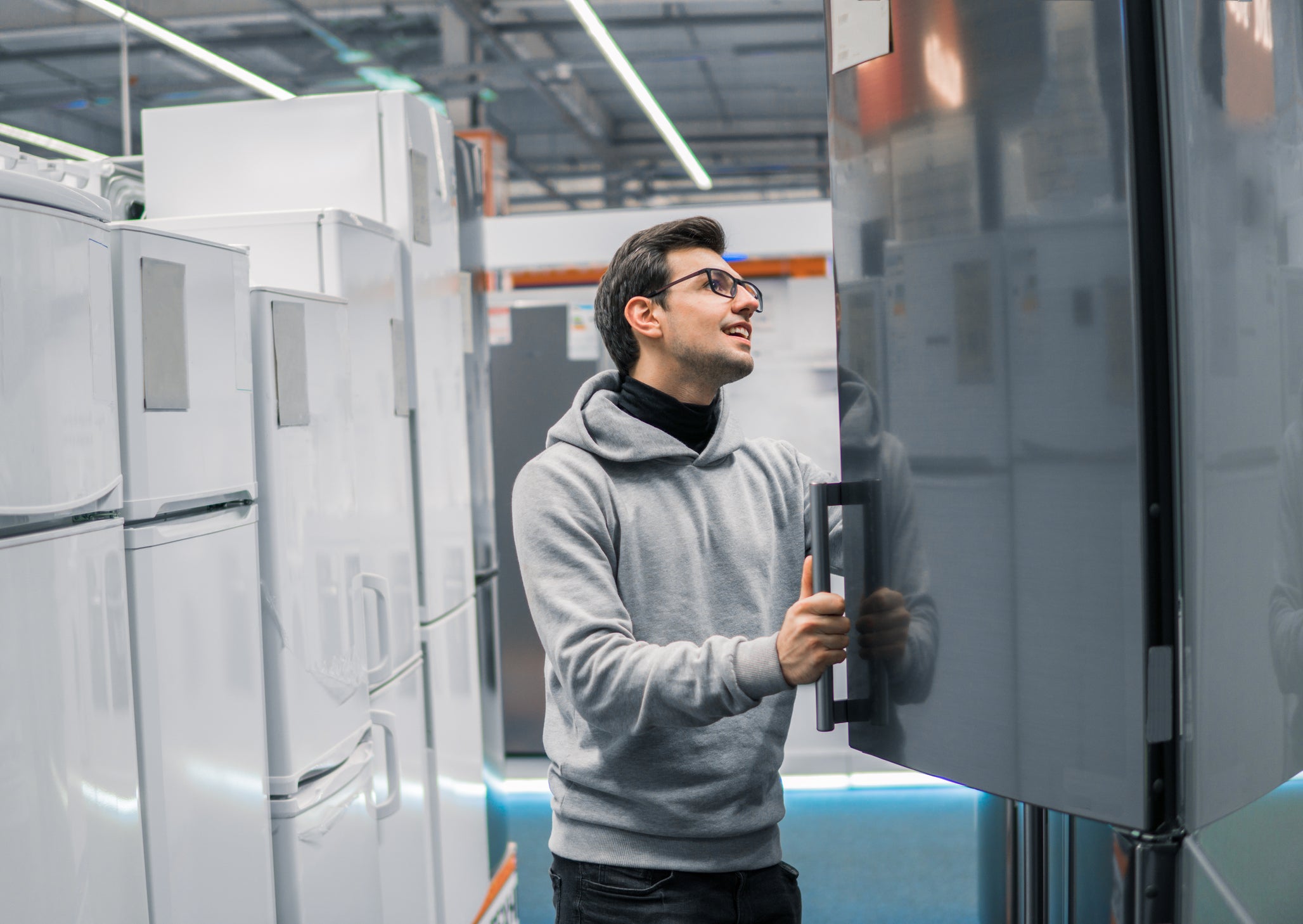
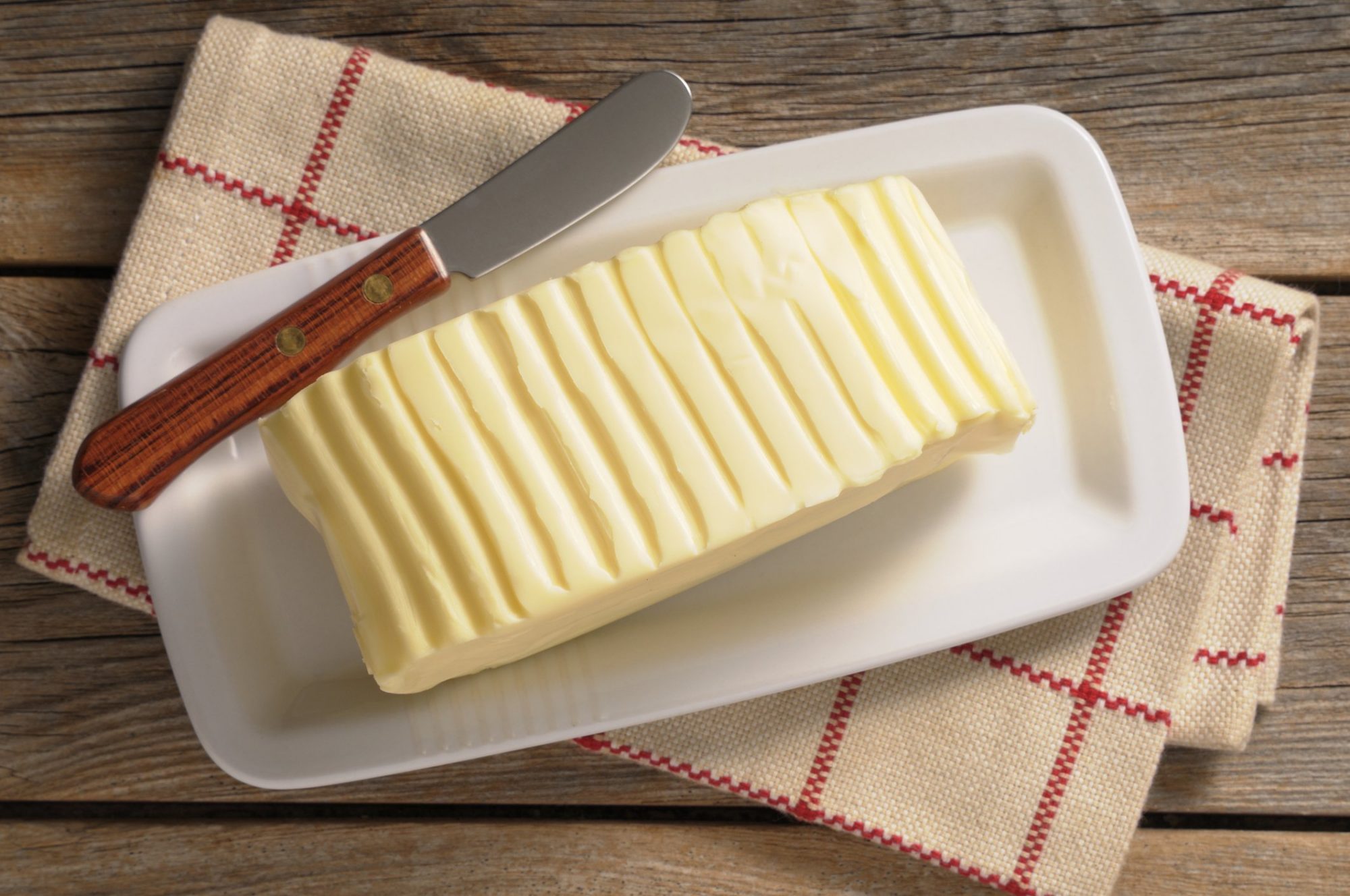
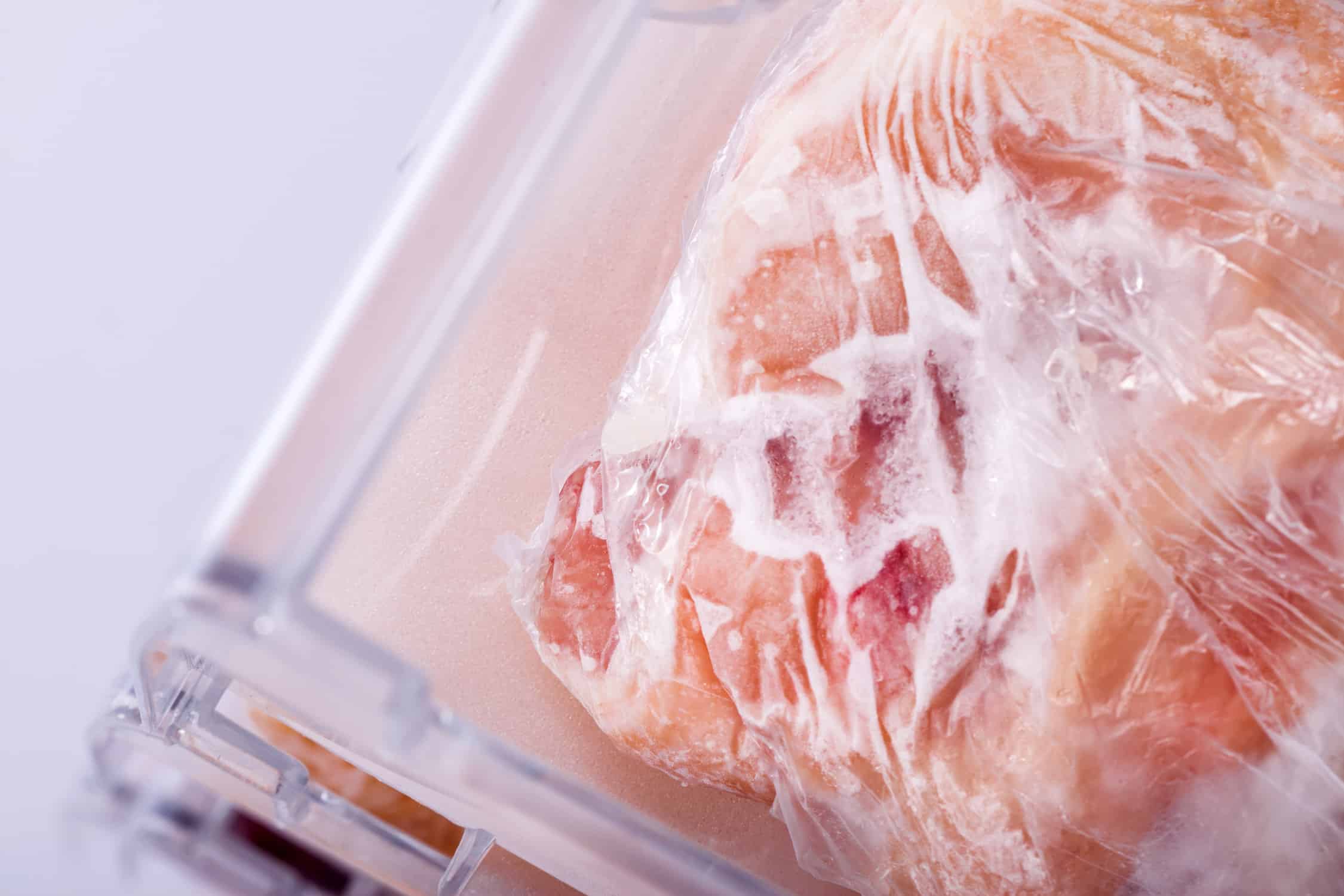
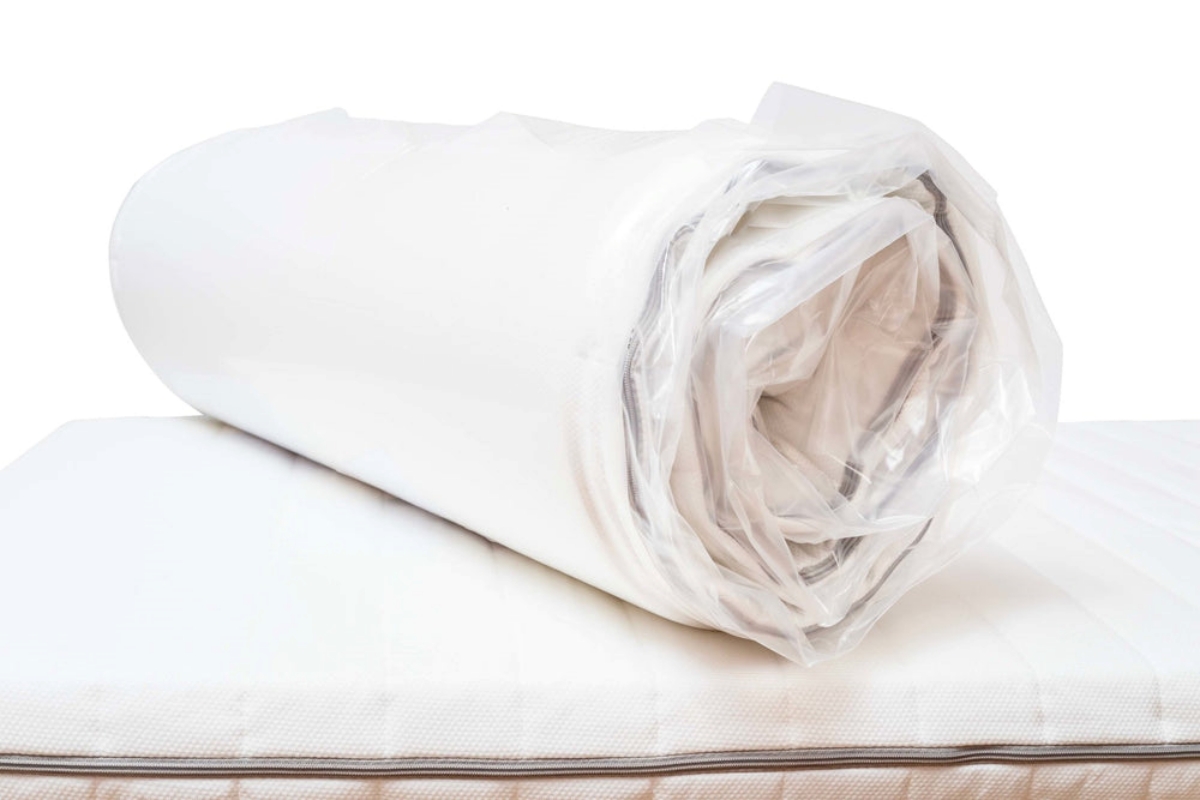
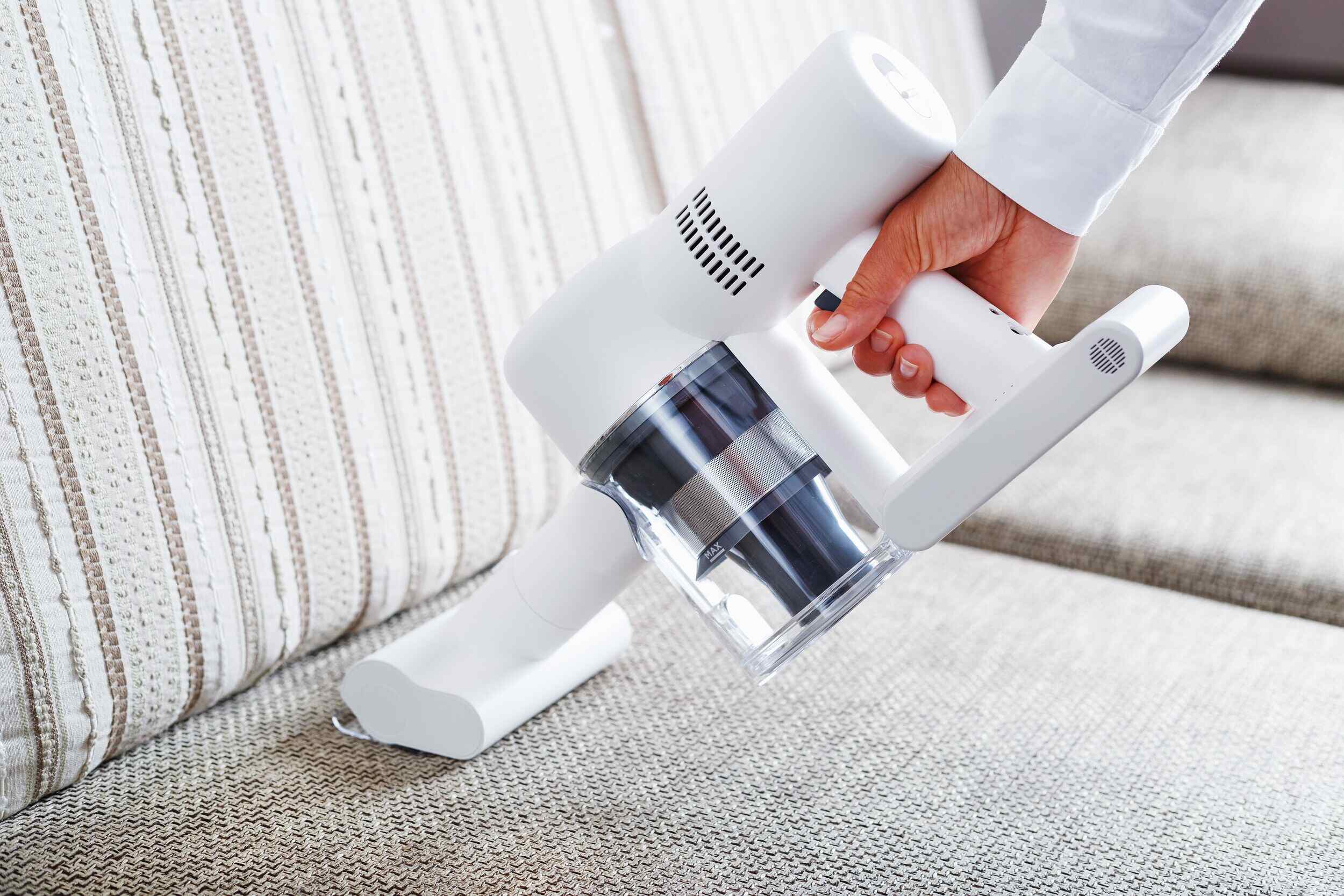
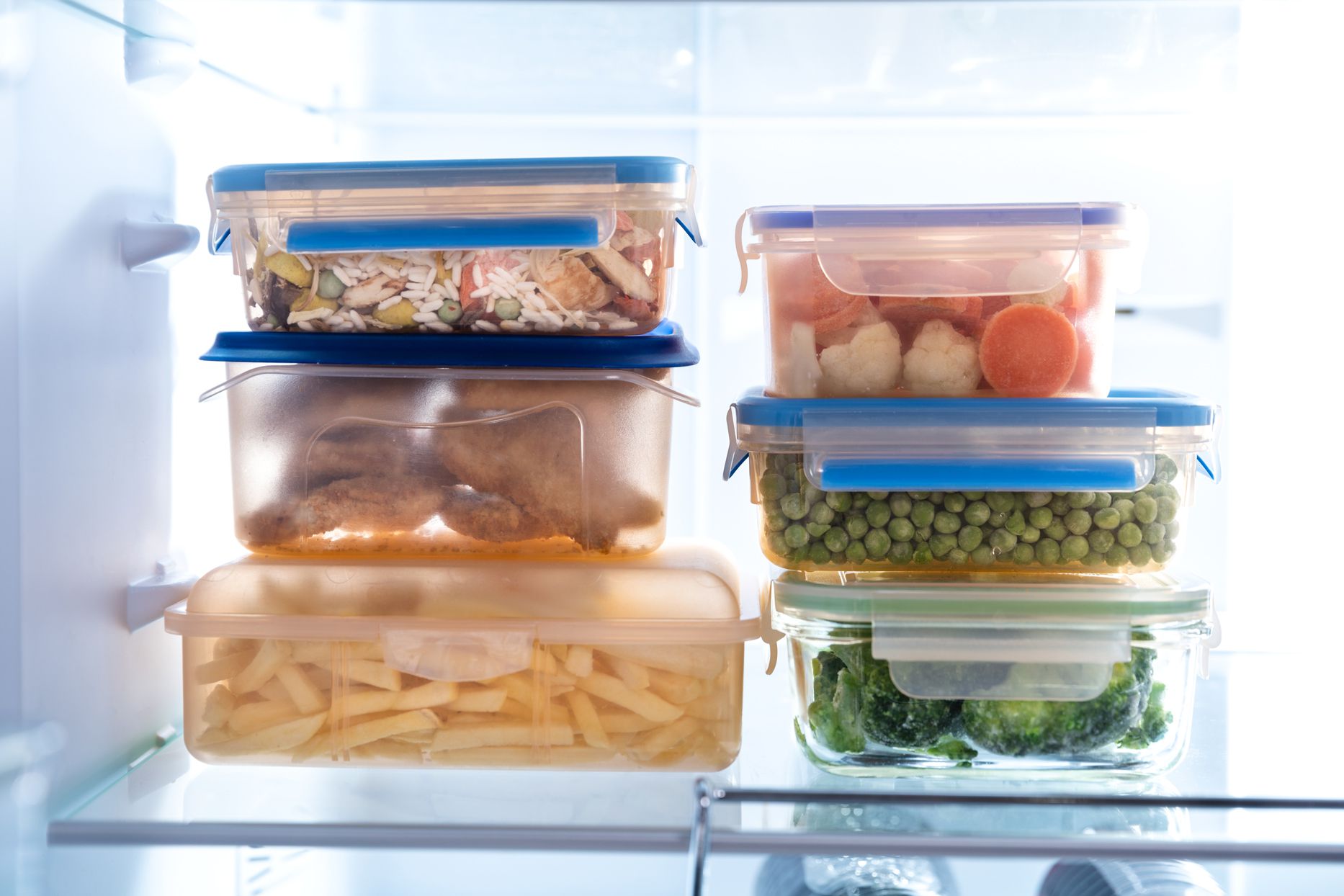
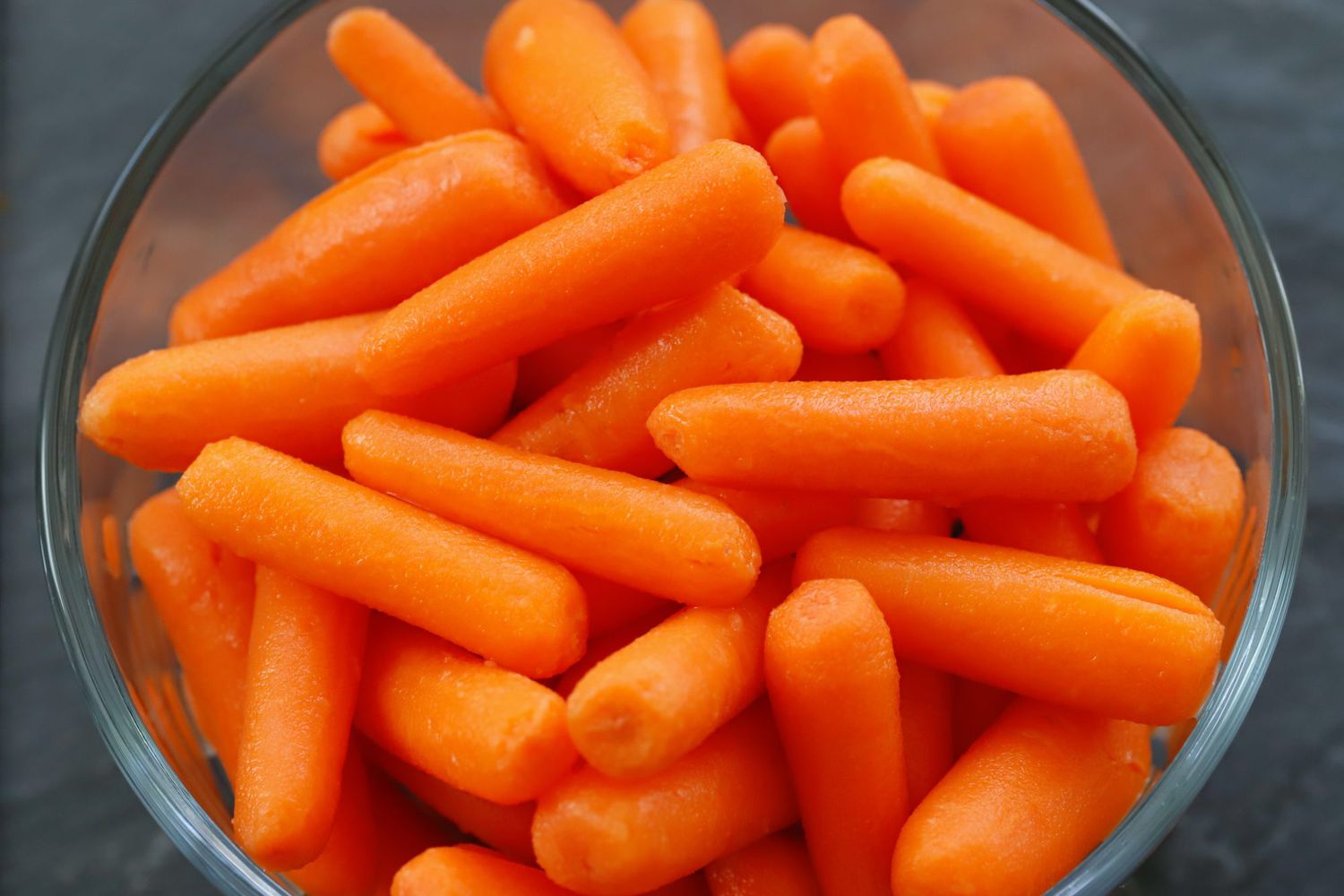
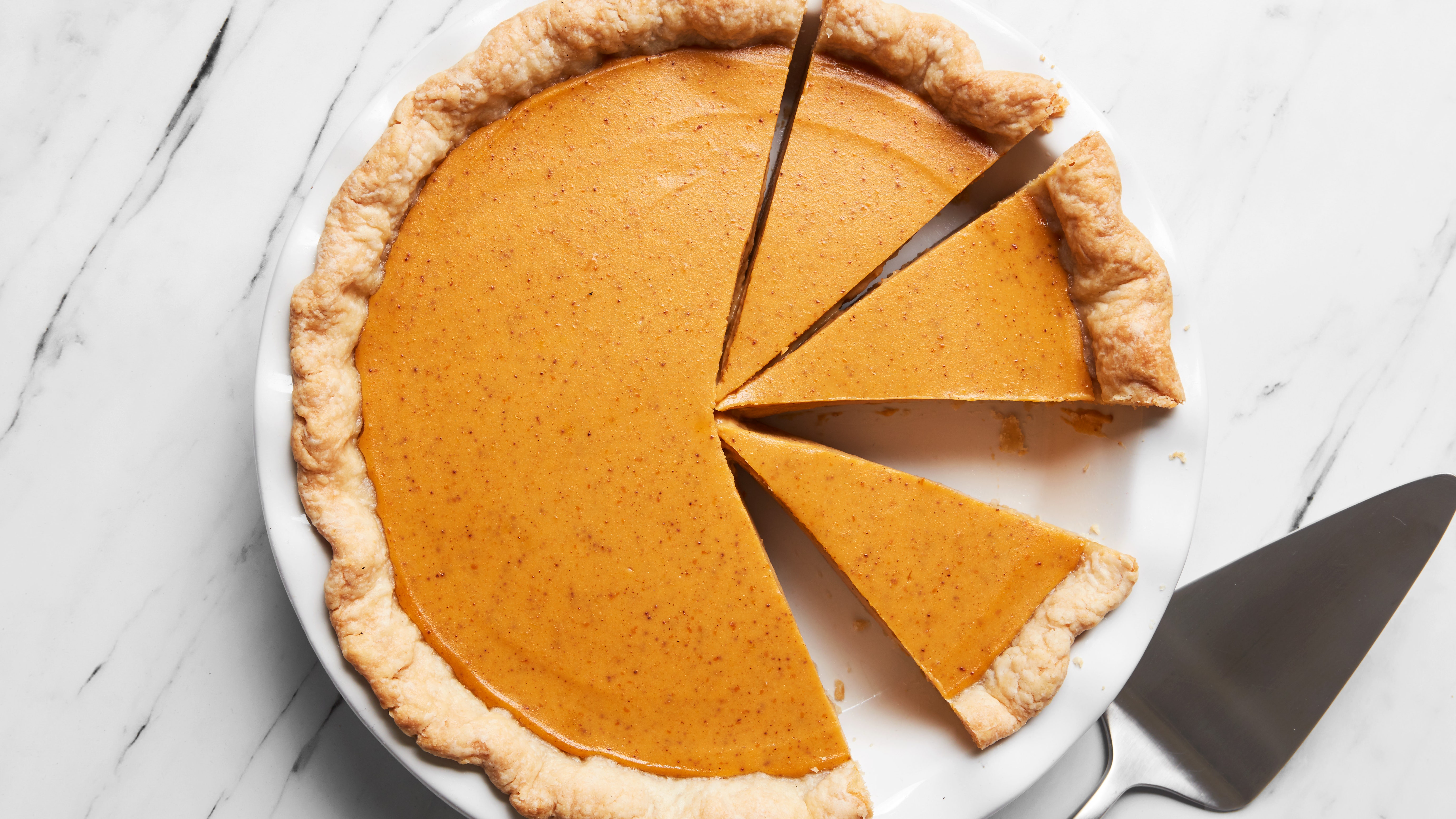
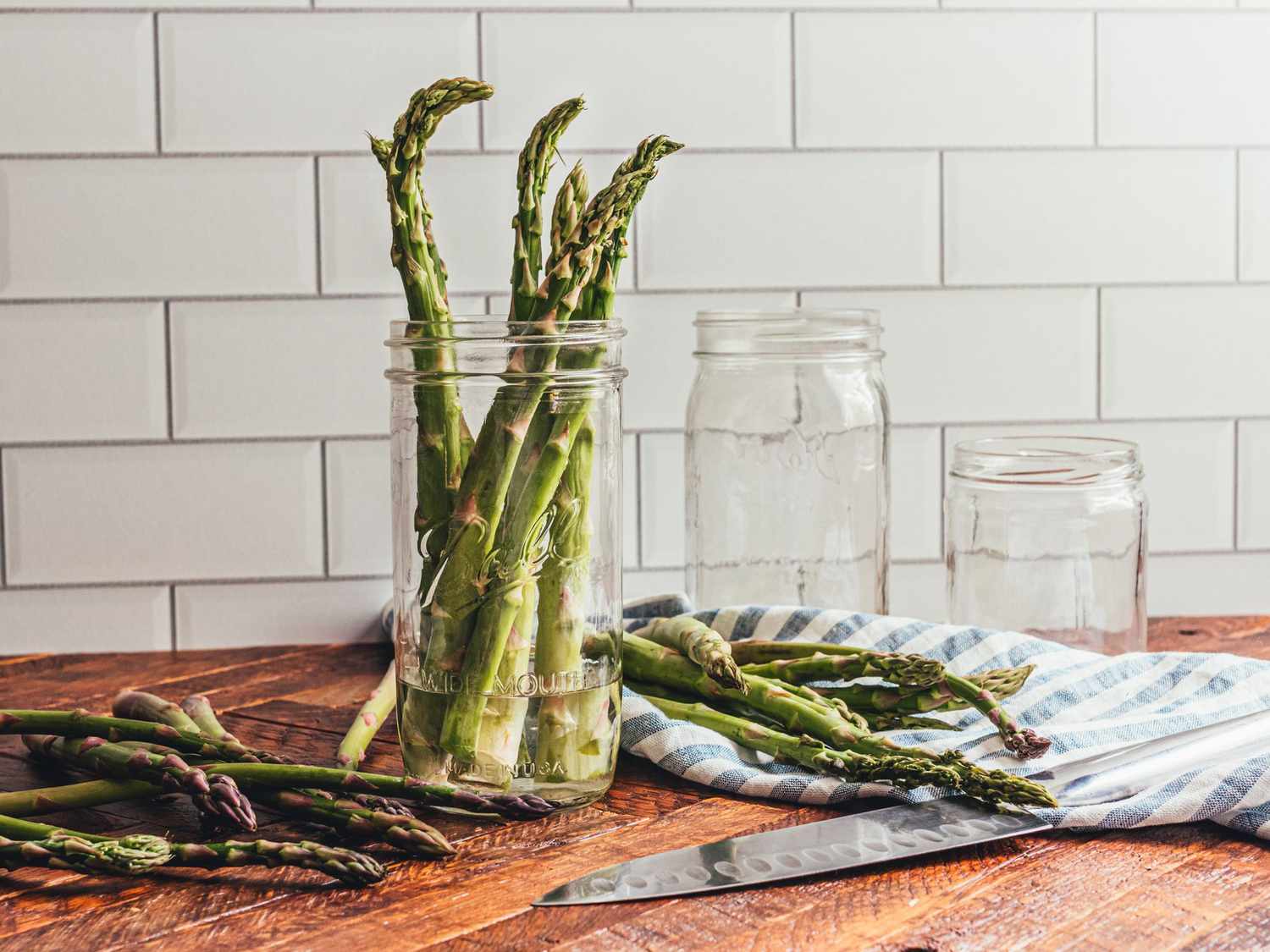
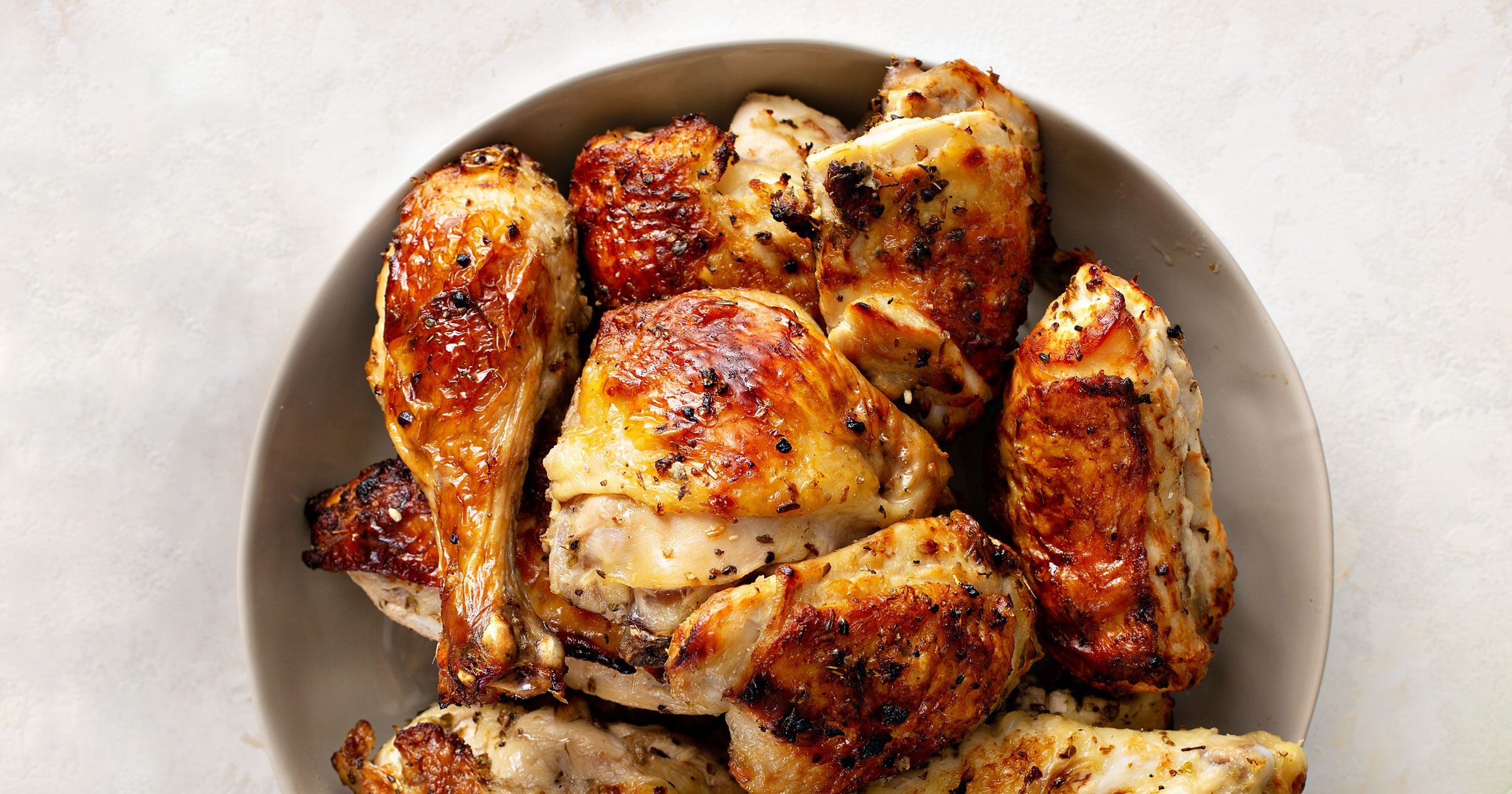
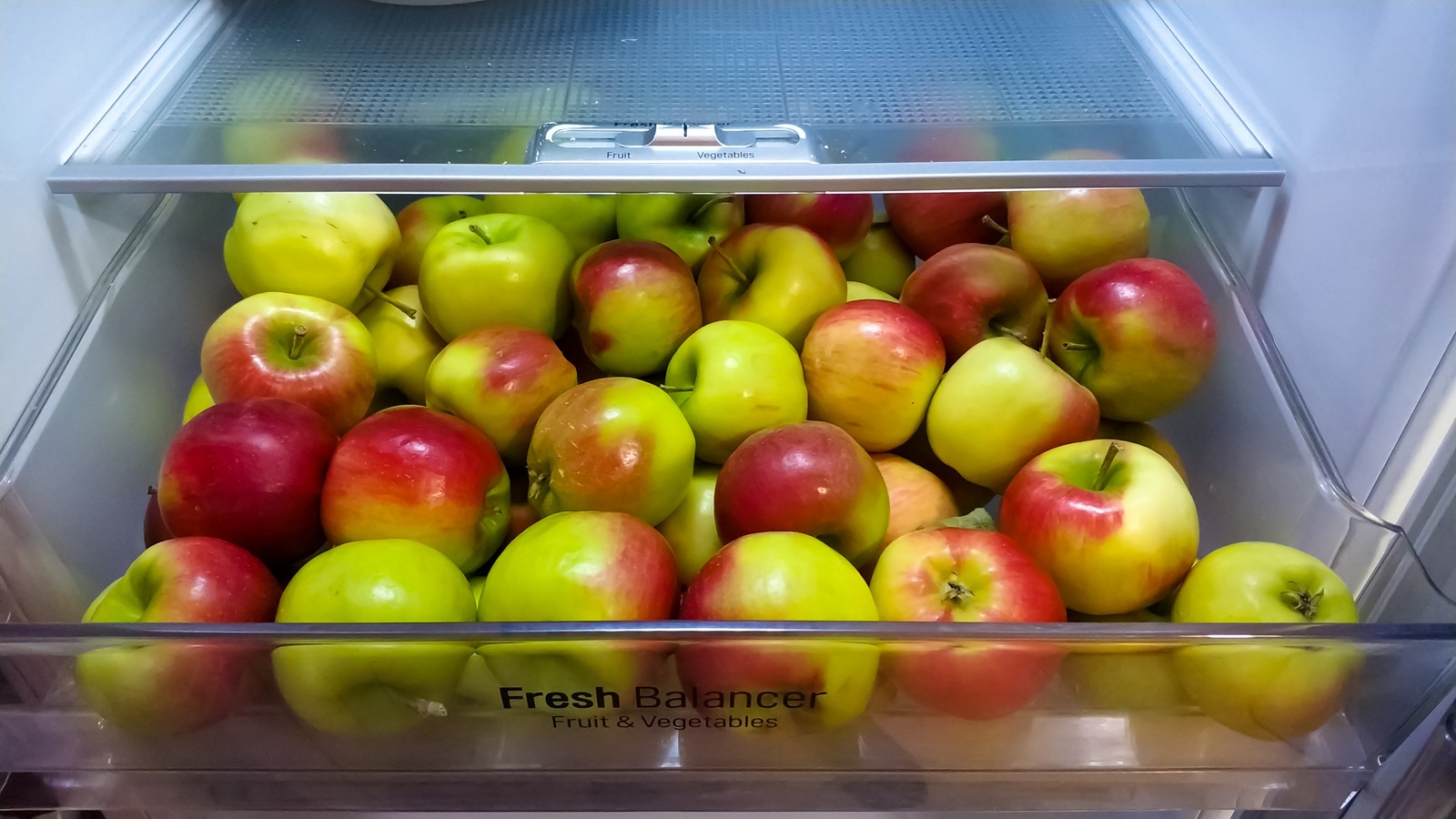
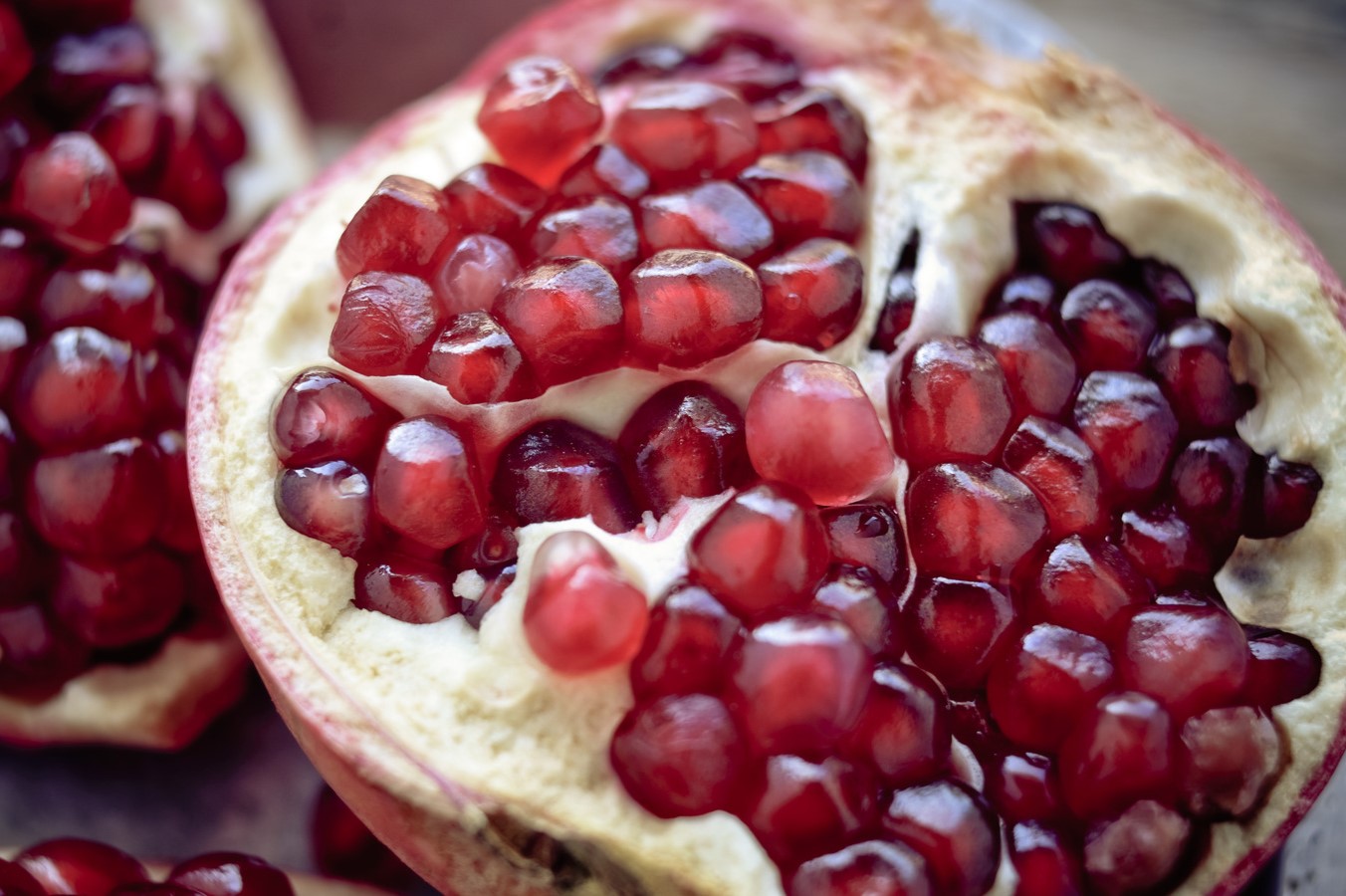
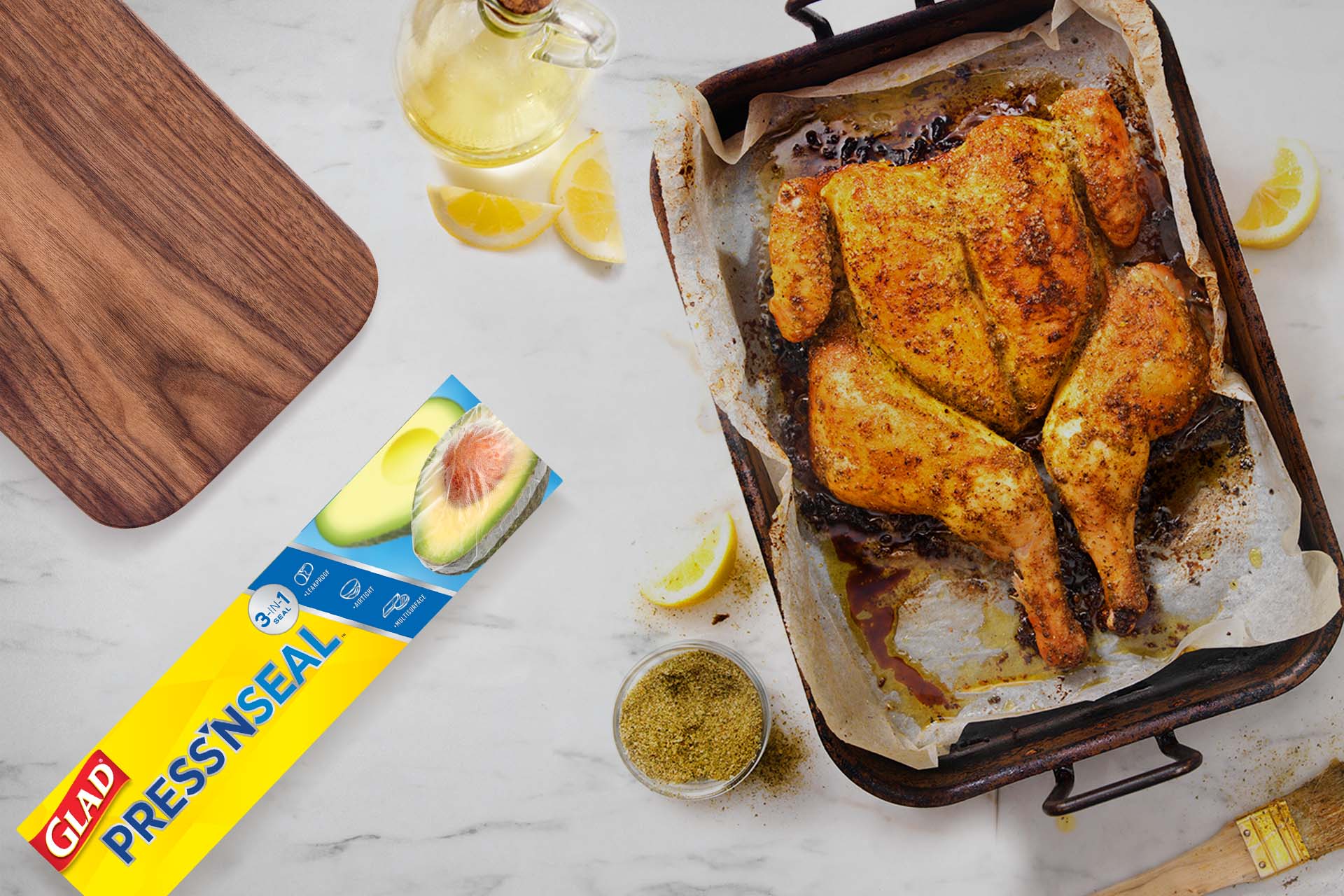
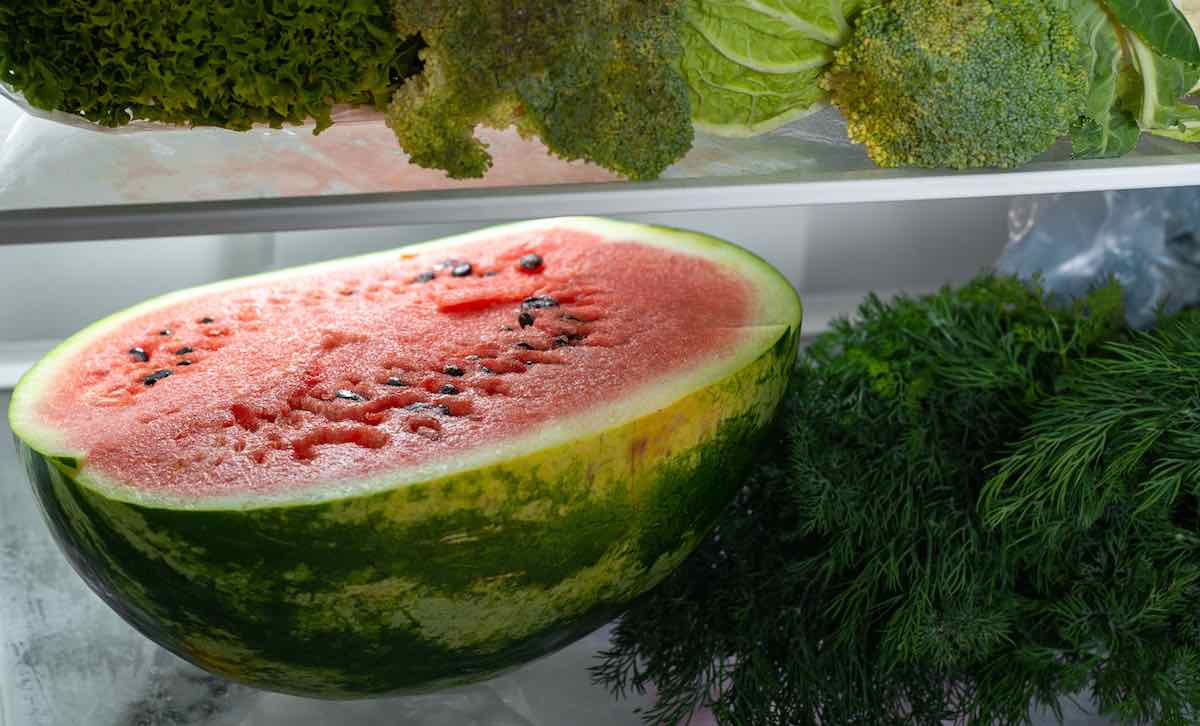

0 thoughts on “How Long Will Vacuum Sealed Vegetables Last In The Refrigerator”